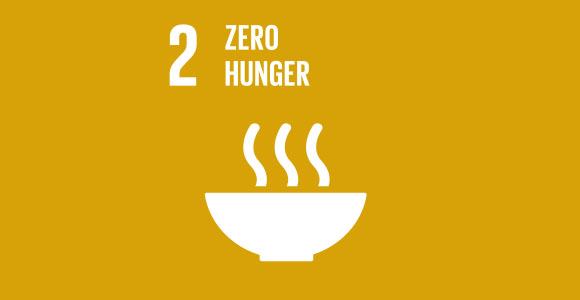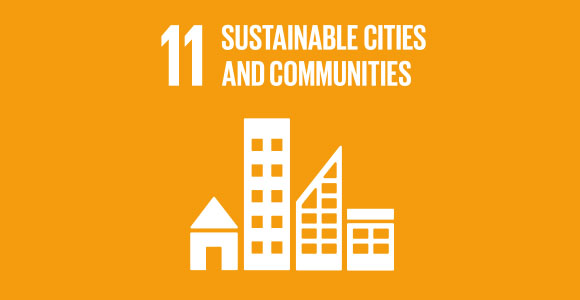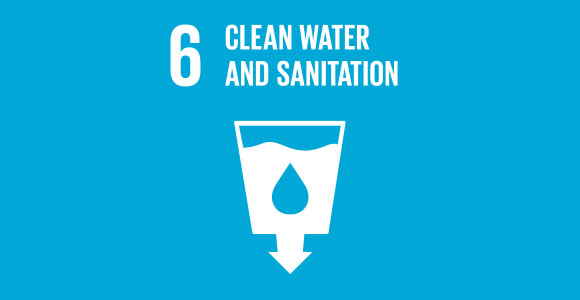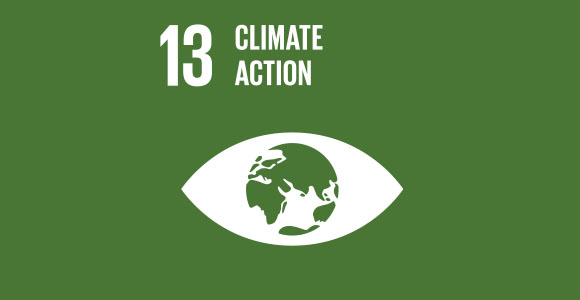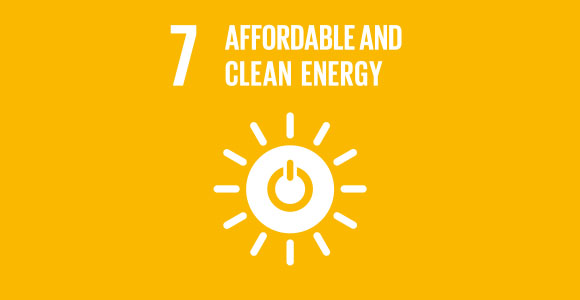Climate research at The Faculty of Engineering
Climate challenges and solutions
The global climate challenges are primarily linked to global warming caused by CO2 emissions from energy production based on fossil sources such as oil, coal and gas. Other CO2 sources are the chemical industry, the use of liquid transport fuels and agricultural and food production, each of which contributes to a significant part of the global CO2 emissions.
In Denmark as in most EU countries, the majority of CO2 emissions come from land transport, buildings and building structures, energy production and agricultural and food production. In Denmark, the goal for 2030 is to achieve a 70% reduction compared to CO2 emissions in 1990. In December 2020, the EU has similarly set a reduction of 55% as the goal for 2030.
Mitigation of climate change requires transformative actions across a wide range og sectors bringing into play a broad portfolio of technologies. The Faculty of Engineering has extensive research addressing the need for mitigation.
Despite efforts to mitigate, the climate is changing and will continue to do so. This strains human activities and ecosystems over a broad front. Research at the Faculty of Engineering is also addressing challenges associated with adaptation to climate change.
Key to setting the ambitions and needs for mitigation and adaptation is understanding and forecasting climate change. This rests on measurements and modelling. The Faculty of Engineering has relevant competences but currently limited activities addressing the need for Modelling climate change.
Do you want to know more?
Mitigation of climate change
The Faculty of Engineering conducts research into a wide range of solutions for eventually reducing generation and distribution of climate-damaging greenhouse gases. This includes research on various aspects within energy, chemistry, materials, biology, transport, buildings and food science, but includes also digitalization and system analysis.
Renewable energy
The research is aimed at solutions that lead to a reduction in greenhouse gas emissions through increased use of renewable energy from, among other things, solar and wind. Themes include biogas, bioenergy, biorefineries, photovoltaics based on organic solar cells, new transport (bio) fuels, transport, materials development, conversion (P2X) and storage of green energy. The research also includes integration of renewables into systems and sector coupling with a focus on sustainability analyzes and models, including analyzes and mapping of the environmental and climate impact.
Energy efficiency
Research is being conducted into increased energy efficiency in buildings, food production and industry through the use of IoT, data and artificial intelligence. Examples include energy-efficient greenhouses, whose energy system is intelligently connected to the national energy infrastructure, efficient use, transport and storage of electrical energy from renewable energy sources and energy-efficient industrial electronics, contributing to a better utilization of the electrical energy from wind and solar sources.
Climate-friendly transport including maritime transport
The research includes digitalization, automation, process optimization and the use of green energy sources (electrification, ammonia, methanol, etc.) for land transport as well as aviation, ship operation and maritime logistics. The research effort contributes to making transport of passengers and goods more efficient and climate-friendly / sustainable, regardless of whether it takes place in Denmark, Europe or globally. The research includes systems analysis with a focus on sustainability analyzes and models, including analyzes and mapping of the environmental and climate impact.
Buildings and construction, including circular economy
There is great potential in solutions that reduce the climate impact from building construction and production and use of innovative green building materials. Concrete as a building material has a strong climate impact, which is why research into alternative design methods aimed at lighter concrete structures, research into alternative materials and recycling of materials all make important contributions to the reduction of greenhouse gases and research into the ability of concrete structures to absorb CO2 contributes to this. The research also includes circular economy, recycling and up-cycling of building material as well as integration of new functionalities into buildings, such as integrated lighting, sensing and energy generation.
Agriculture and production of food
The research includes climate-friendly production of food, reduction of the emission of climate-damaging gases from stables and other livestock, precision farming with reduced use of fertilizers, automation and increased use of electric vehicles. New pathways to climate-friendly food production such as the production of healthy and tasty foods and food additives through advanced fermentation technology. Utilization of side streams from food production and agricultural production through research into biorefinery solutions, new value chains and other contributions to support the growing bioeconomy sector. Environmentally friendly and resource-efficient aquaculture is also a research topic.
The research also includes system integration and sector coupling with a focus on sustainability analyzes and models, including analyzes and mapping of the environmental and climate impact.
Digitalization and informatics as crossdisciplinary tool box
The research includes developing of integration and optimization methods that can be used to find solutions for problems in all topics, from energy generation and transport to buildings and agriculture. In the energy sector, system integration and sector coupling is in focus, including analyzes, modelling and mapping of the environmental and climate impact.
Agriculture, natural products, recovery & waste technologies
Buildings, construction & facades
Bioenergy
Digitalisation & system modelling
Energy systems, conversion & sustainable devices
Environmental technology
Food science & technology
Life Cycle Engineering
Photovoltaics & organic solar cells
Smart materials including composites
Sustainable Supply Chain Engineering
Urban resilience
Wind
Adaptation to climate change
Faculty research focuses on mitigation of the harmful effects on society of the climate changes.
The research examines urban resilient transition and addresses the causes and effects of urban climate change, including further effects that result from adaptation to, and mitigation of, climate change - and how risks to climate, environmental and man-made disasters can be reduced. The research also investigates the production, use and discharge of water in urban environments.
Solutions must be found by an intersectoral approach
Research into the interplay between different sectors is becoming more and more relevant. For example, solutions such as biogas production based on residuals and side-products from agricultural and food production contribute to reducing the use of fossil energy for both energy production and heavy industry. Additional societal challenges need to be investigated, caused by the continued technological development of energy production from offshore wind, including a rapidly increasing need to be able to store energy from fluctuating energy sources.
Climate, SDGs and The Faculty of Engineering
The climate challenges of the future cannot be solved with the tools of the past. At the Faculty of Engineering, we develop technologies that are necessary to solve the climate challenges.
Last Updated 27.07.2024
